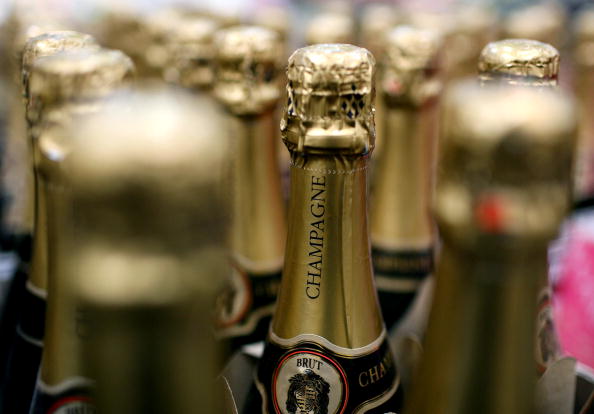
Are labelling rules about designation of origin just a form of protectionism
Matt Kilcoyne, head of communications at the Adam Smith Institute, says YES.
Loyalty is not won by being first. Nor should it be won by locking out competitors by law. It is won by being best. Brand matters.
This is not the case in Europe. Anglesey salt, parma ham, feta cheese, cornish pasties – these all carry protectionist baggage by dint of where theyre originally from.
It comes down to not trusting consumers. Discerning food snobs – and I am one – always look at where a product comes from. But protectionists use the idea of people being duped to wrap everything up in red tape.
They neednt. If you cant work out that “Anglesey sea salt” thats not from Anglesey isnt the real deal, you probably dont care enough to be paying the premium that this monopolistic legal protection creates.
These rules also lock migrants out of new opportunities, by saying a Cypriot in Yorkshire using ewes milk cant produce feta as good as in the old country.
Origin rules are nonsense on stilts, and we should be rid of them.
Lauren McEvatt, managing director at Morpeth Consulting, says NO.
Since 1992, the EU has protected products such as champagne under its geographical indications laws.
These rules are designed to protect a product from a certain region, but also to reflect the standards required to meet the minimum product specification. Champagne, for instance, doesnt just have to be sparkling wine from the Champagne region, it also has to meet a particular quality level.
Although initially these laws were merely pan-European, they are increasingly a part of bilateral EU neRead More – Source





